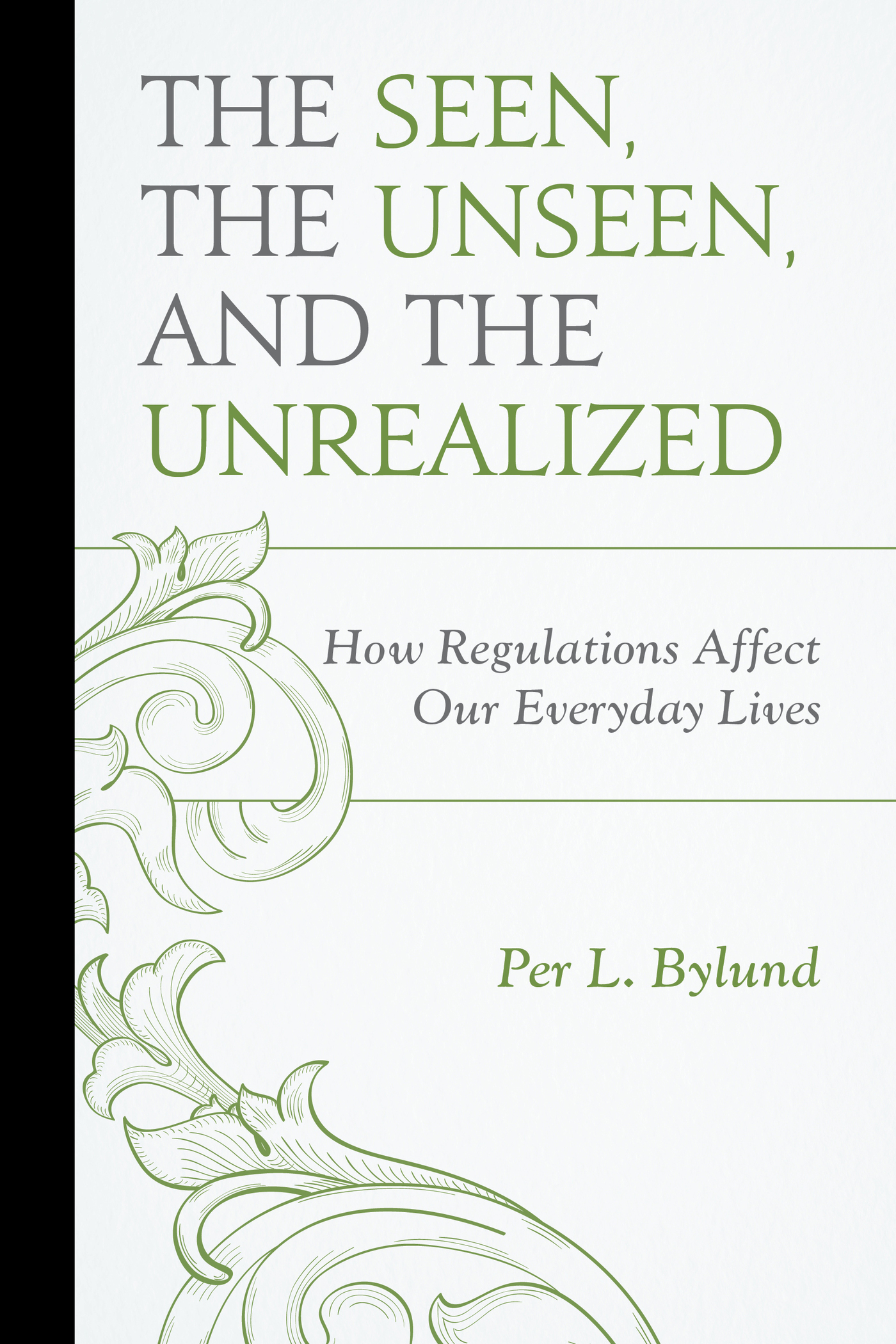The Seen, the Unseen, and the
Unrealized
Capitalist Thought:
Studies in Philosophy, Politics, and Economics
Series Editor: Edward W. Younkins, Wheeling Jesuit University
Mission Statement
This book series is devoted to studying the foundations of capitalism from a number of academic disciplines including, but not limited to, philosophy, political science, economics, law, literature, and history. Recognizing the expansion of the boundaries of economics, this series particularly welcomes proposals for monographs and edited collections that focus on topics from transdisciplinary, interdisciplinary, and multidisciplinary perspectives. Lexington Books will consider a wide range of conceptual, empirical, and methodological submissions, Works in this series will tend to synthesize and integrate knowledge and to build bridges within and between disciplines. They will be of vital concern to academicians, business people, and others in the debate about the proper role of capitalism, business, and business people in economic society.
Advisory Board
Doug Bandow | Stephen Hicks | Douglas B. Rasmussen |
Walter Block | Steven Horwitz | Chris Matthew Sciabarra |
Douglas J. Den Uyl | Stephan Kinsella | Aeon J. Skoble |
Richard M. Ebeling | Tibor R. Machan | C. Bradley Thompson |
Mimi Gladstein | Michael Novak | Thomas E. Woods |
Samuel Gregg | James Otteson |
Books in Series
The Ontology and Function of Money: The Philosophical Fundamentals of Monetary Institutions by Leonidas Zelmanovitz
Andrew Carnegie: An Economic Biography by Samuel Bostaph
Water Capitalism: Privatize Oceans, Rivers, Lakes, and Aquifers Too by Walter E. Block and Peter Lothian Nelson
Capitalism and Commerce in Imaginative Literature: Perspectives on Business from Novels and Plays edited by Edward W. Younkins
Pride and Profit: The Intersection of Jane Austen and Adam Smith by Cecil E. Bohanon and Michelle Albert Vachris
The Seen, the Unseen, and the Unrealized: How Regulations Affect Our Everyday Lives by Per L. Bylund
The Seen, the Unseen, and the
Unrealized
How Regulations Affect Our
Everyday Lives
Per L. Bylund
LEXINGTON BOOKS
Lanham Boulder New York London
Published by Lexington Books
An imprint of The Rowman & Littlefield Publishing Group, Inc.
4501 Forbes Boulevard, Suite 200, Lanham, Maryland 20706
www.rowman.com
Unit A, Whitacre Mews, 26-34 Stannary Street, London SE11 4AB
Copyright 2016 by Lexington Books
All rights reserved. No part of this book may be reproduced in any form or by any electronic or mechanical means, including information storage and retrieval systems, without written permission from the publisher, except by a reviewer who may quote passages in a review.
British Library Cataloguing in Publication Information Available
Library of Congress Cataloging-in-Publication Data
Names: Bylund, Per L. (Per Lennart), author.
Title: The seen, the unseen, and the unrealized : how regulations affect our everyday lives / Per L. Bylund.
Description: Lanham : Lexington Books, [2016] | Series: Capitalist thought: studies in philosophy, politics, and economics | Includes bibliographical references and index.
Identifiers: LCCN 2016024294 (print) | LCCN 2016027359 (ebook) | ISBN 9780739194577 (cloth : alk. paper) | ISBN 9780739194584 (electronic)
Subjects: LCSH: Free enterprise. | Entrepreneurship. | Commerce. | Economics.
Classification: LCC HB95 .B946 2016 (print) | LCC HB95 (ebook) | DDC 330--dc23 LC record available at https://lccn.loc.gov/2016024294
 TM The paper used in this publication meets the minimum requirements of American National Standard for Information Sciences Permanence of Paper for Printed Library Materials, ANSI/NISO Z39.48-1992.
TM The paper used in this publication meets the minimum requirements of American National Standard for Information Sciences Permanence of Paper for Printed Library Materials, ANSI/NISO Z39.48-1992.
Printed in the United States of America
To Susanne
Acknowledgments
This book would not have been possible without the magnificent contributions to economic reasoning and theory by prominent and outstanding thinkers and theorists, including but not limited to Adam Smith, David Ricardo, Frdric Bastiat, Carl Menger, Joseph A. Schumpeter, Ludwig von Mises, and Friedrich A. von Hayek. This book was ultimately made possible by these thinkers, and the author claims no credit for the ideas shamelessly copied from their awe-inspiring works and repackaged into this book. What remains as this books contribution would not have been possible without the help of Brent Beshore, Kevin Carson, and Saul Benjamin Oxholm. The author has also benefited from thoughts and comments by David Weiner and Jake Cahan, and the assistance of Franco Buhay and Steve Trost is also gratefully acknowledged. Not a single word would have been written, however, were it not for the support and inspiration from my beloved wife, Susanne.
The authors contribution includes the errors and mistakes still to be found throughout this book.
Chapter 1
The How of the Market
Consider the question, Does the market work? Some would probably answer, with or without qualification, with a yes. But qualification aside, most would likely adopt what they might characterize as a skeptical view. Their answer would therefore be in the negative or, if positive, with some type of qualificationyes, it works if or it works when.
Perhaps it is due to political rhetoric that we find the question to have a certain moral or ethical underpinning. Much is blamed on the generic market, which probably makes many of us think of the financial markets and hedge funds based on Wall Street in New York City. We have learned to adopt a negative view of the market, as opposed to society. The same is true about competition, which we see as a cornerstone of how markets act, as opposed to cooperation. We are inclined to think not in terms of whether to regulate markets, but how much, or in what manner, in order to get out of the market what we want or need. The assumption many of us tend to hold is that the market is dysfunctional in some sense, and this warrants correction from another partyand there is only one other party: political authority. Overall, there is something daunting or unnerving about leaving things to the market and therefore losing control or the pretense of control.
It can be argued that this type of automatic skepticism, if not an entirely dismissive attitude toward markets, is an indication of the great influence on popular thought by the tradition of economic skepticism going back through centuries and including thinkers like Thomas Robert Malthus, Karl Marx, John Maynard Keynes, and, much more recently, Thomas Piketty. These thinkers share a disbelief in markets and primarily see problems inherent in or resulting from its value-creating and production-coordinating qualities. They assume that the market is unable to cope with important challenges and may even, at least to some degree, be the cause of social unrest, tensions, and conflict. Indeed, Marx claimed that there are inherent contradictions in the market systemmore specifically, capitalismsuch that capitalist competition will inevitably lead to crisis. As markets left unregulated and uncontrolled will tend to cause great inequality, social conflict, and ultimately widespread despair, thinkers in this tradition often place their trust in the political apparatus and its powers of coercion to tame market forces and allow society to resist the temptation of economic incentives. This is a fundamentally pessimistic view of humanity, which assumes that people left to their own devices will not engage in peaceful exchange for mutual benefit and community-building, but will be at each others throats. Unless people are subdued and controlled, they will resort to shortsighted violence and this will soon degenerate into a Hobbesian war of all against all.

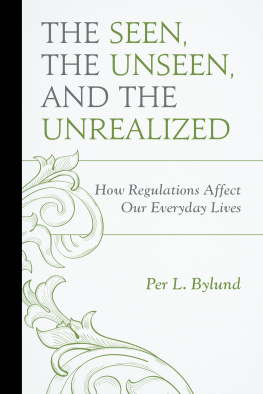
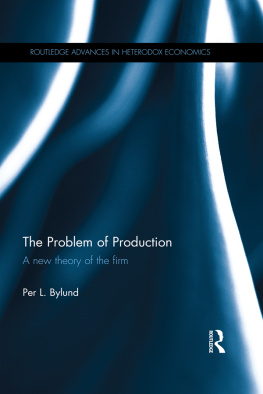

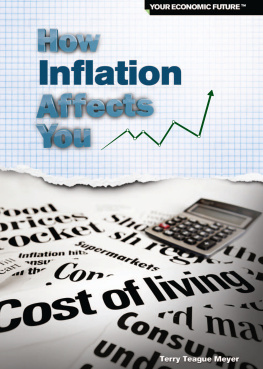
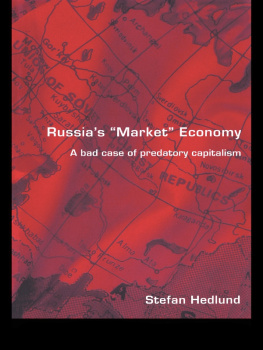

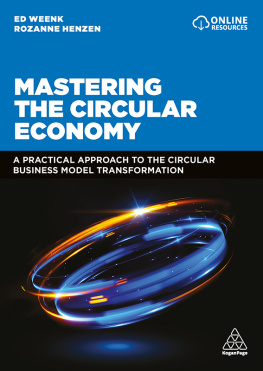


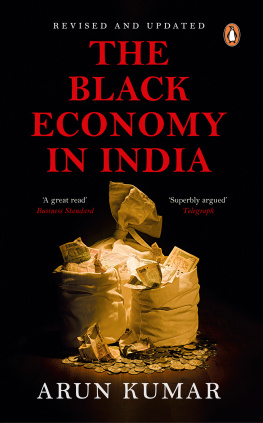
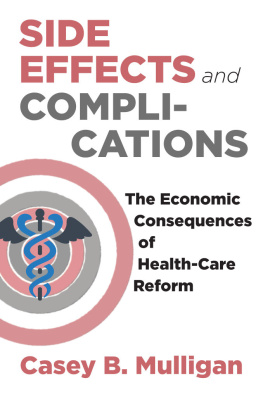
 TM The paper used in this publication meets the minimum requirements of American National Standard for Information Sciences Permanence of Paper for Printed Library Materials, ANSI/NISO Z39.48-1992.
TM The paper used in this publication meets the minimum requirements of American National Standard for Information Sciences Permanence of Paper for Printed Library Materials, ANSI/NISO Z39.48-1992.